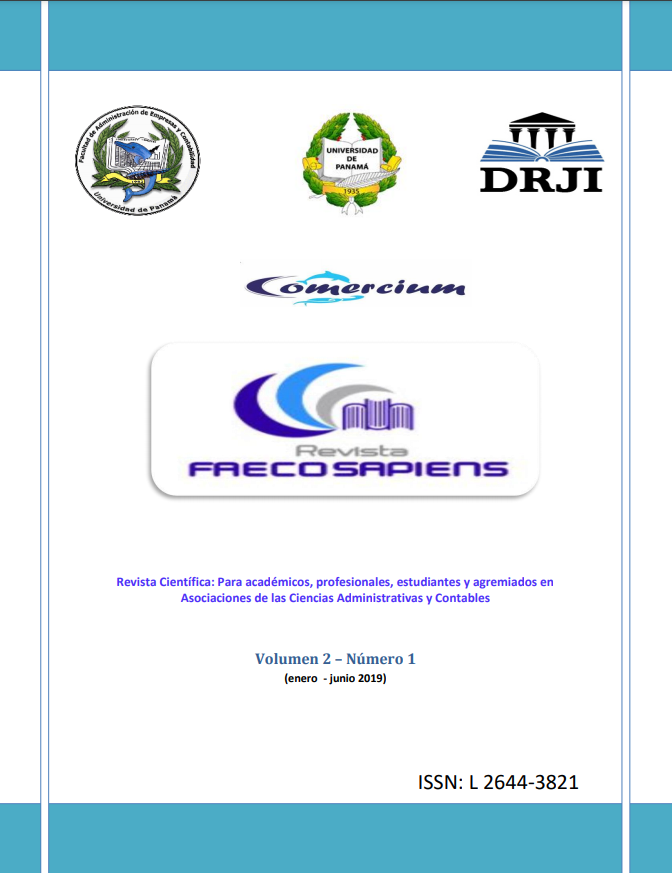

This research was developed under the objective of evaluating the implications of tourism training and its competitive consequences in national and international scenarios, for this, and by means of a quantitative methodology it was necessary to collect the information, through a structured survey, to the students of the last years of the tourism careers taught at the University of Panama and the University of the Americas, by which the weaknesses and academic deficiencies referred to the professional and personal profile upon graduated were corroborated, reason why it is adduced that the same they do not guarantee a competitive labor insertion within national and international contexts. As a result, it was evident that the current tourism training does not comply to a great extent with study plans that guarantee the relevance of quality tourism training, based on the principles of a TEDQUAL Methodology established by the UNWTO, allowing its graduates to face to the new changes and trends in the tourism sector. For the foregoing, it is proposed as a result of research, that tourism training to be competitive in national and international scenarios must be framed under the premise of strengthening values, research, development and innovation processes, as well as the reinforcement of skills and knowledge -personal and professional skills- of the national and international tourism field, combined with a flexible training process and an appropriate methodology within the teaching-learning process to graduates of the various modalities that are offered in the tourist field. Key words: Competitiveness, Smart Destinations, Tourism Training, R+D+i, Institutions of Higher Education, Methodology TEDQUAL.